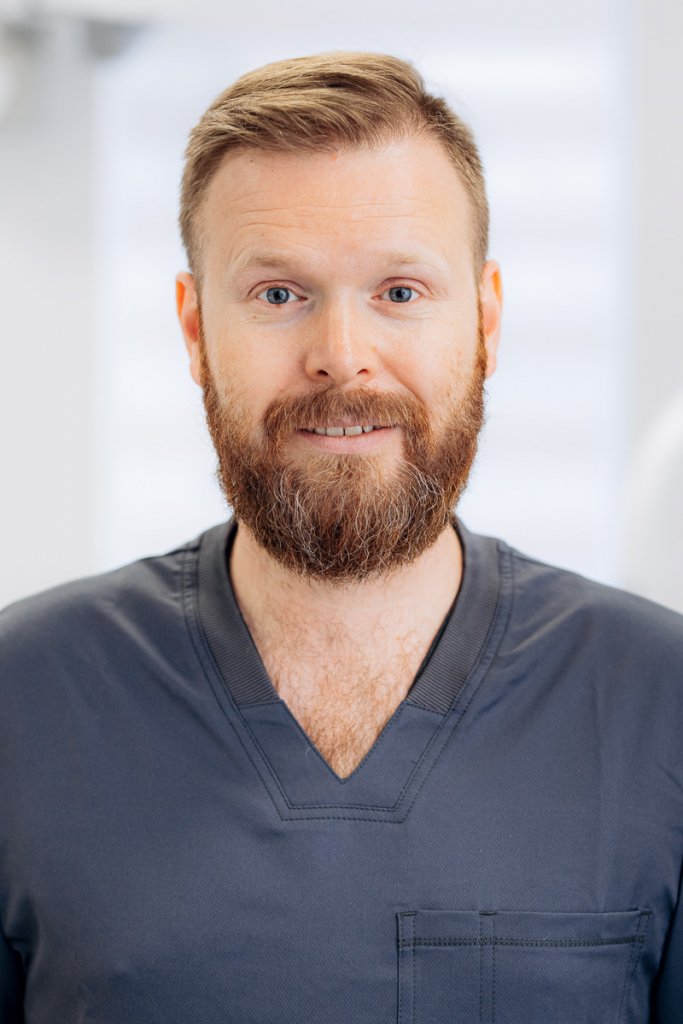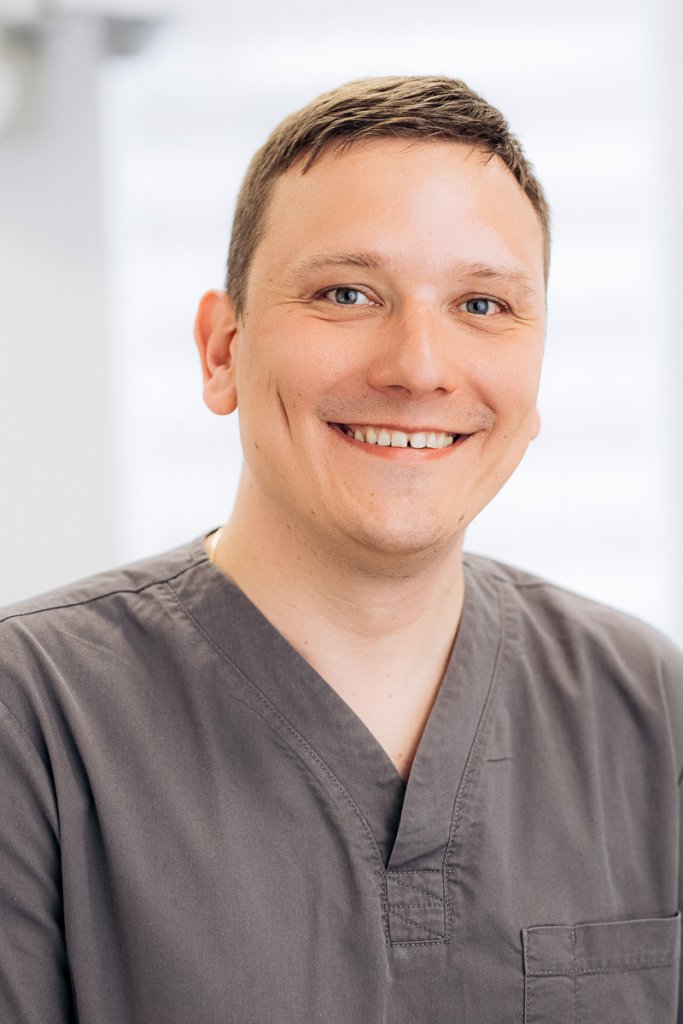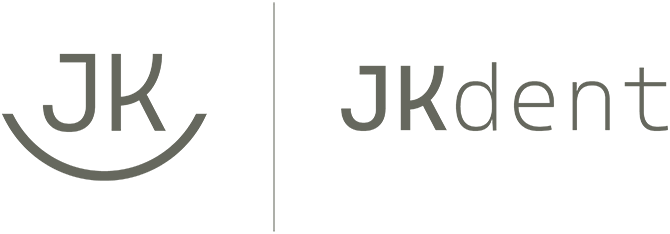Tooth extraction is a dental removal procedure. Tooth extraction is done in cases when the patient’s tooth is very badly damaged due to various dental pathology or dental defects, and as a result, the tooth cannot be restored by dental filling or dental prosthetics. In some cases, tooth extraction is needed during orthodontic treatment or dental prosthetics.
A decision on the need to remove the damaged tooth or a possibility to restore it using prosthetic methods is made by dentist with a patient’s consent after performing dental X-ray examination and assessing in detail the state of the damaged tooth.
Tooth extraction procedure
- The patient is given a local anesthesia to ensure painless tooth extraction procedure.
- The dentist exposes the patient’s gum to facilitate access to the damaged tooth.
- With special dental instruments, the dentist removes the damaged tooth.
- The wound remaining in the place of the extracted tooth is treated with special drugs to promote the formation of the blood clot and regeneration of the bone.
After tooth extraction the patient must accurately follow the instructions given by the dentist and, if necessary, should use his prescribed medications. A few days after the tooth extraction mild swelling may be observed and you can feel some pain. If these symptoms do not disappear within a few days or more severe complications are observed visit your dentist again.
Recommendations after the tooth extraction
- A swab should be held in the mouth for 30 to 60 minutes (if there is one).
- Use cold compress applied to the operation area from outside. For the first 2 hours follow the following cycle: 10 min apply, 10 min rest. For the following 12 hours repeat this cycle several times. This will reduce swelling and possibility hemorrhage to develop.
- You should not eat 2-4 hours after the tooth extraction.
- In the next days, it is not advisable to consume too hot food.
- Use medicines your doctor has prescribes for you!
- During the first days avoid any physical activity, sauna and hot bathes.
- Before and after surgery you should not smoke – nicotine affects negatively the wound.
- During the first days after the surgery, avoid nose blowing, suction with a straw, strong rinsing.
- Although good oral hygiene plays very important role in the healing process, operated region should be cleaned gently and carefully.
- Starting from the 2nd day, the mouth should be rinsed with a doctor’s prescribed mouthwash- usually twice a day. If the mouthwash is not designated specifically – use salt water (it can be used also up to 3 times a day). Rinse carefully!
- Do not touch the wound with your fingers or any other objects.
- Eat soft food and better on the other side. Avoid foods that can get into the wound, such as seeds, popcorn, nuts.
- During the healing period avoid alcohol, especially beer and wine!
- If during the first 24 hours the wound starts to bleed, hold the gauze swab pressed until the bleeding stops; do not rinse – it may pull off already formed clot.
- Sutures, if any, are to be removed at the 10th – 14th day.
Our specialists


